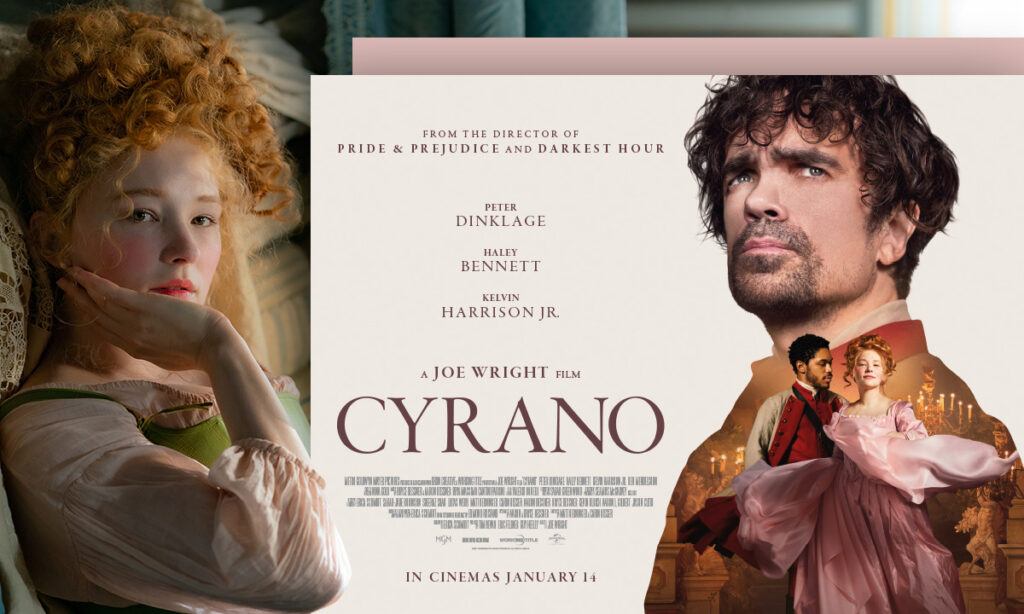The Influence of Lucian of Samosata on Cyrano de Bergerac
Cyrano de Bergerac: The Man Behind the Nose
Cyrano Savinien de Cyrano de Bergerac (1619–1655) was a French dramatist, soldier, and poet. Born in Paris, he led a life as colorful as his plumed hat. Cyrano’s early years were marked by military service, where he fought valiantly in the Thirty Years’ War. His bravery on the battlefield was matched only by his eloquence off it.
Cyrano’s most famous physical trait was his prominent nose. While historical accounts vary, it is widely believed that he indeed had an unusually large and hook-shaped nose. This feature became both a source of ridicule and a symbol of his uniqueness.
Literary Contributions
Poetry and Letters
Cyrano’s poetic talents were as sharp as his wit. His verses celebrated love, honor, and the human spirit. His letters, often humorous and satirical, revealed a keen observer of society. Cyrano’s eloquence extended beyond the battlefield; he wielded his pen as skillfully as his sword.
One of Cyrano’s most intriguing works is L’Histoire comique des États et Empires de la Lune (The Comical History of the States and Empires of the Moon). In this whimsical narrative, Cyrano embarks on a fantastical journey to the moon. He encounters lunar inhabitants, engages in philosophical debates, and satirizes earthly follies. Cyrano’s lunar escapades were inspired by Lucian of Samosata and predate Jules Verne’s science fiction by centuries.
Rostand’s Play Cyrano de Bergerac
Edmond Rostand’s 1897 play, Cyrano de Bergerac, catapulted the character into literary immortality. The play captures Cyrano’s poetic fervor, his dueling prowess, and his heartache. Rostand’s Cyrano is a romantic hero, flawed yet noble, whose love for Roxane transcends physical appearances.
Cyrano’s love for Roxane, portrayed in Rostand’s play, is both poignant and tragic. His eloquent letters to Roxane, penned under Christian’s name, reveal a soul torn between passion and selflessness. Cyrano’s inability to express his love directly—due to his perceived ugliness—adds layers of complexity to his character.
Beyond the Play
Cyrano’s influence extends beyond the theater. His spirit lives on in countless adaptations, films, and novels. His moonlit declarations of love echo through time, inspiring dreamers and poets alike. And perhaps, when we gaze at the moon, we catch a glimpse of Cyrano’s plumed hat against the celestial canvas.
Cyrano de Bergerac inspired many plays and movies about him, with the latest one coming out last year starring Peter Dinklage of Game of Thrones fame. In the case of Peter Dinklage, they adapted the source material a bit and instead of having a big nose, he is very short, which still plays on the physical aspect that might make him less attractive. You can watch the trailer of the movie, which was nominated for an Oscar, below:
Cyrano de Bergerac and Lucian of Samosata
Cyrano de Bergerac was known for having been inspired by Lucian of Samosata, the Greek author from the 2nd century AD considered the father of Science-Fiction (which we covered in a previous blog post). Cyrano de Bergerac in turn was a source of inspiration for Jules Verne, which we also covered in a previous blog post. Let’s learn more about Cyrano de Bergerac and his inspirations.
Lucian of Samosata: The Satirist and Rhetorician
Lucian of Samosata, born around 125 AD in the Roman province of Syria, was a Greek satirist, rhetorician, and pamphleteer. His works are characterized by a tongue-in-cheek style that mercilessly ridicules superstition, religious practices, and belief in the paranormal. Lucian wrote exclusively in ancient Greek.
Lucian’s Influence on Cyrano
- A True Story: Lucian’s most famous work, A True Story, serves as a precursor to science fiction. In this satirical tale, Lucian embarks on a fantastical journey to the moon, encountering bizarre creatures and improbable events. The work ridicules authors who spin incredible tales. Cyrano de Bergerac, inspired by Lucian’s whimsical narrative, would later create his own lunar adventures.
- Comic Dialogue: Lucian invented the genre of comic dialogue, parodying traditional Socratic dialogues. His work Lover of Lies mocks those who believe in the supernatural. Interestingly, it contains the earliest known version of “The Sorcerer’s Apprentice,” a theme that resonates across centuries.
- Dialogues of the Gods: Lucian’s Dialogues of the Gods lampoons traditional stories about the gods. These witty exchanges between divine beings reveal their foibles, insecurities, and absurdities. Cyrano, too, would draw from this tradition, weaving humor and irreverence into his own works.
- Cynic Philosophers: Lucian’s Dialogues of the Dead features conversations between the Cynic philosophers Diogenes and Menippus. Their banter explores life, death, and the human condition. Cyrano, with his penchant for philosophical musings, echoes this spirit.
- Influence on Literature: Lucian’s writings were wildly popular in antiquity, and more than eighty of his works survive to this day. His satirical approach, blending humor and critique, left an indelible mark on subsequent generations of writers.
Cyrano de Bergerac’s Legacy
Cyrano de Bergerac, the fictional hero with an oversized nose and a heart full of poetry, embodies the spirit of Lucian’s irreverence. Edmond Rostand’s play, first performed in 1897, immortalized Cyrano’s tragic love for Roxane, his eloquence, and his swashbuckling adventures. Cyrano’s moonlit declarations and swordplay owe a debt to Lucian’s lunar escapades.
But the influence doesn’t end there. Jules Verne drew inspiration from Cyrano’s lunar voyages. And the German satirist Christoph Martin Wieland translated Lucian’s complete works into German, adapting their ideas for contemporary audiences.
In this literary relay, Lucian passed the torch to Cyrano, who, in turn, ignited the imaginations of future writers. So, the next time you gaze at the moon, remember that its silvery glow illuminates not only craters and seas but also the interconnectedness of literary minds across time.
And thus, the legacy of Lucian of Samosata lives on, echoing through the pages of Cyrano’s verses and the dreams of countless readers. There are many movies about Cyrano de Bergerac that have won Oscars, which you can find featured in our book on Amazon: Greece at the Oscars.

0 Comments